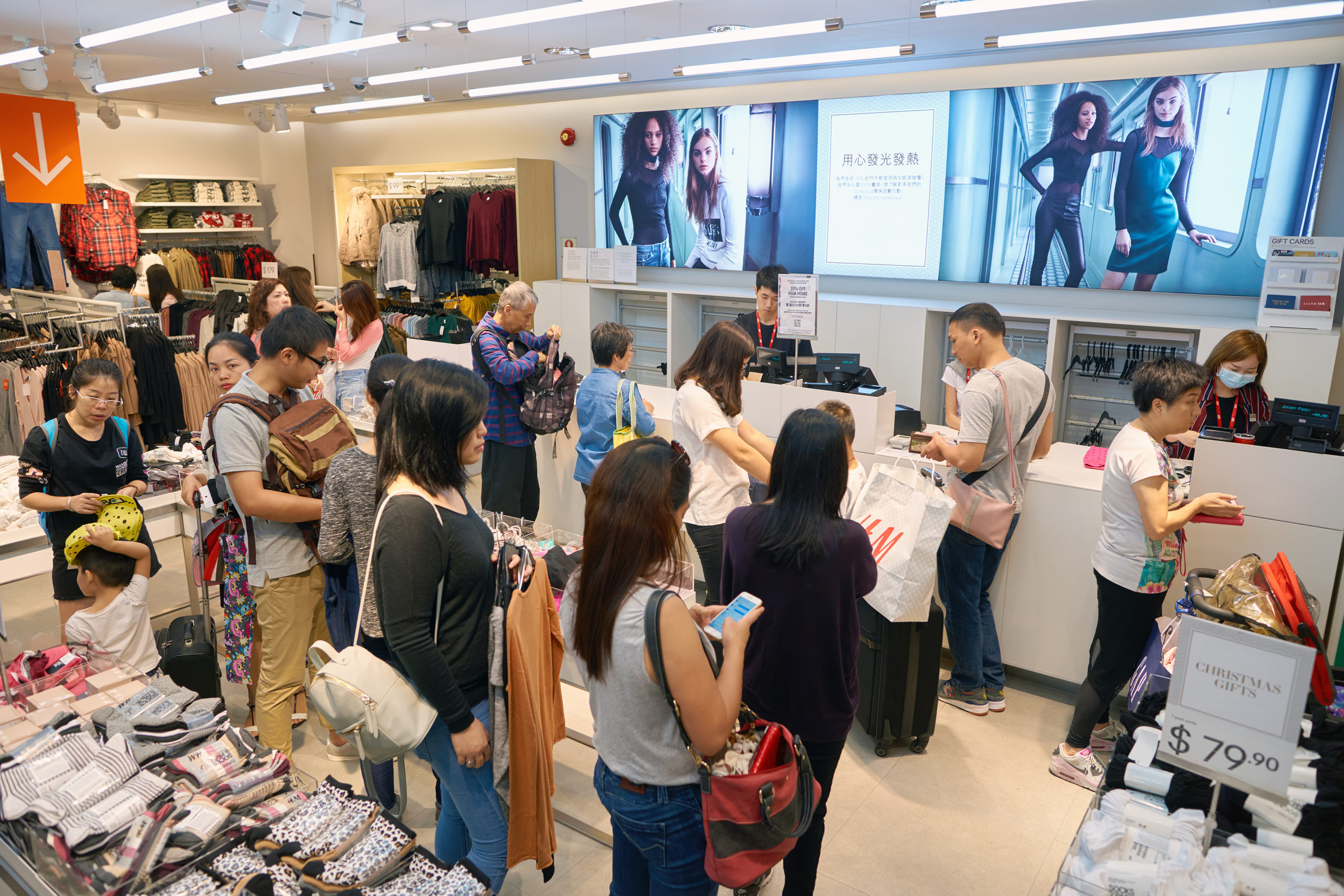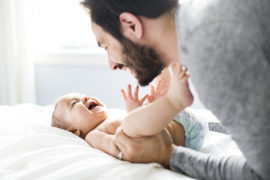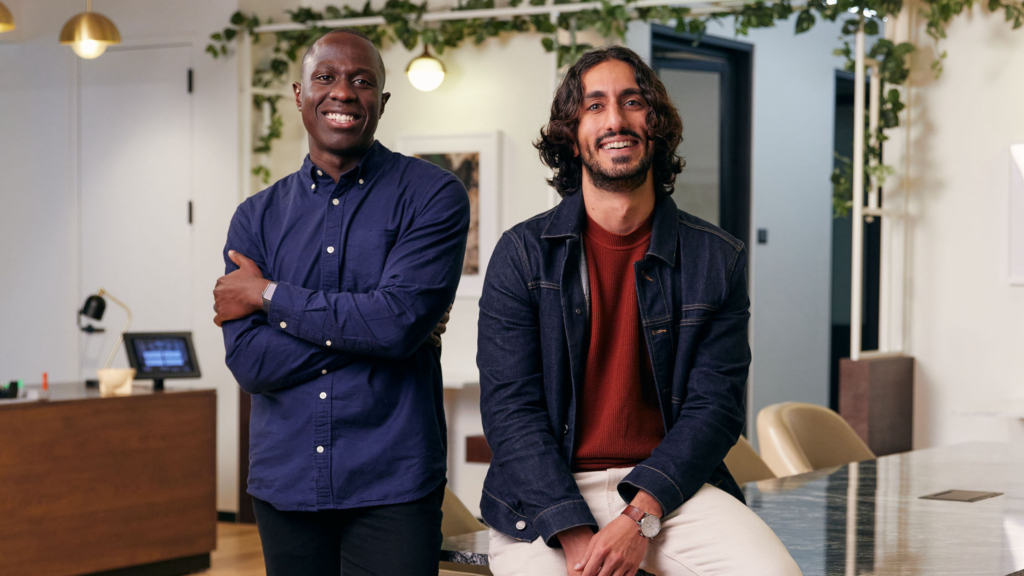Traipsing through busy shopping malls, trying to find something that suits you, and queuing to try it on is a nightmare experience for many. Ropeo, a Colombian startup, is working to take the stress out of clothes shopping, with a personal touch.
Alejandro Casas and Luis Eduardo Huertas, two young men from Bogotá, have made clothes shopping a completely digital experience. Along with fellow co-founder Santiago Gomez Gonzalez, they realised that online shopping was a huge market that wasn’t as easily available in Colombia as other countries, and they set about to change this.
Ropeo is a monthly clothes delivery service that comes with a personal stylist. The user inputs their size and preferences, and the stylist hand-picks a box of clothes they believe would suit the customer. The box is delivered, and the customer is given the weekend to try the clothes on, and decide if they want to keep them. The following Monday, somebody comes to pick up the unwanted clothes, and takes the payment for the clothes they want to keep, in either cash or credit card.
The entire experience is played out without ever leaving the house, which is still a rarity in Latin America.
Ropeo currently charges a subscription fee of 20,000 COP (about $7) a month. Aware that most people don’t need new clothes that often, they won’t send the next one until they’ve checked with the customer that they need it.
Ropeo joined Y Combinator, a California-based startup accelerator in January and, according to TechCrunch, the company has had a 90 percent growth each week since then. Ropeo currently delivers to the seven biggest cities in Colombia (Bogota, Medellin, Cali, Cartagena, Barranquilla, Santa Marta, Bucaramanga) and has plans to extend to the rest of Latin America in the near future.
For a US or UK based reader, this might not sound all that exciting. But, according to the Y Combinator blog, in Colombia only 2 percent of clothing is purchased online, and only 23 percent of the population has a credit card, making online purchases much more difficult. Shipping infrastructure isn’t as developed either, with postcodes only being introduced in 2009 and the government shipping service being costly and time-consuming.
According to Statista, Latin America as a whole had the lowest average number of online transactions per capita in 2016, comprising of only 9.2 annual transactions.
MercadoLibre.com (MercadoLivre.com in Brazil) is one of the other few companies that have gained popularity with online purchases, selling anything from fridges, to computers, to socks. However, to return an item, you have to pay for the postage and packaging and organise the shipping. The main issue with clothes shopping, is that everyone has a different body shape, so a top that looks wonderful on the model could end up looking completely different on someone else. This means it’s much more likely for clothes to be returned, whereas a fridge often looks a lot like a fridge, and will most probably only be returned because of mechanical faults.
Ropeo takes away the frustration of elbowing through crowds and standing in lines to buy clothes, and even removes the dilemma of choosing what to buy with their personal shopper. The advantages of online shopping have caused it to grow exponentially.
A Deloitte market report notes that Asia, for example, overtook the US and Western Europe and now holds the largest share of the global online market. However, this market could be set to change, as Amazon, the delivery giant, already has three offices in Brazil, Argentina and Mexico, and is planning to open a fourth office in Colombia later this year. With Ropeo leading the way, Latin America could the next region to embrace the convenience of online shopping.












